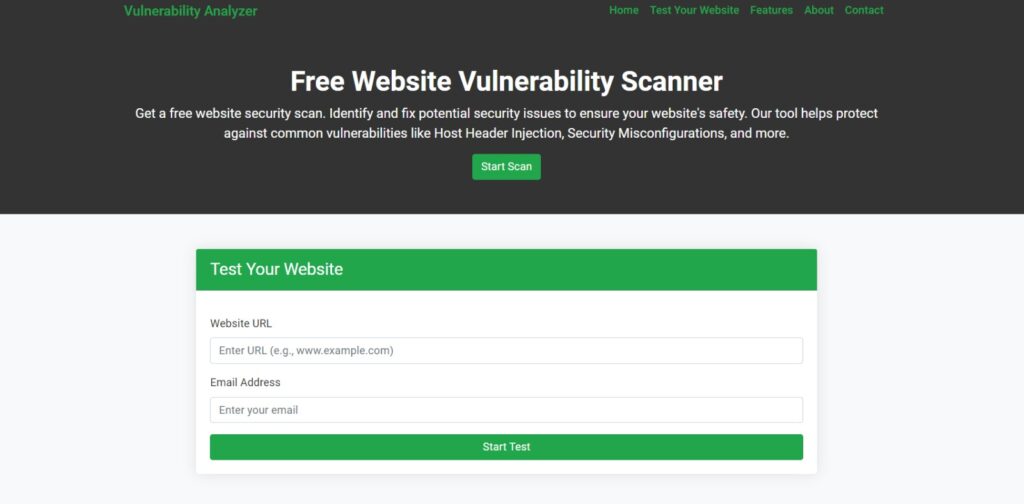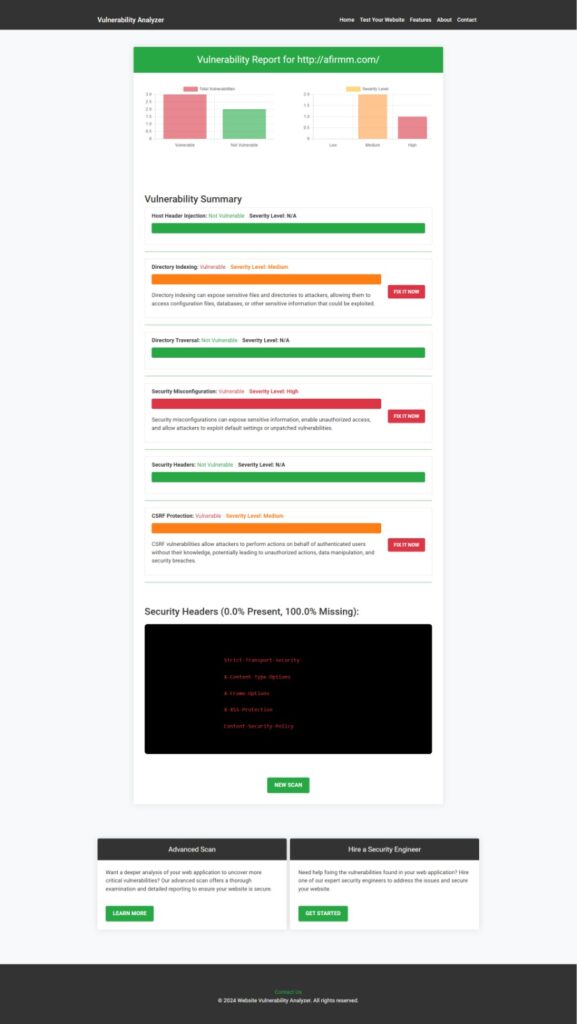Preventing SQL Injection SQLi in RESTful APIs
As RESTful APIs grow in popularity for their simplicity and scalability, so does the need for robust security measures. SQL Injection (SQLi) is a major vulnerability that can expose sensitive data if left unaddressed. In this article, we’ll discuss SQLi in RESTful APIs, explore its risks, and provide practical coding solutions to secure your applications.

Understanding SQL Injection SQLi in RESTful APIs
SQL Injection attacks occur when malicious SQL code is inserted into a query, enabling unauthorized access to database information. APIs, especially RESTful APIs, are vulnerable due to their frequent interaction with databases.
For example, in a RESTful API that retrieves user details, an SQLi attack could allow an attacker to execute arbitrary SQL commands if the API endpoint isn’t secured.
python# Vulnerable Code Example
@app.route('/user', methods=['GET'])
def get_user():
user_id = request.args.get('id')
query = "SELECT * FROM users WHERE id = '" + user_id + "';"
result = db.execute(query)
return jsonify(result)
In this example, if user_id isn’t sanitized, an attacker could enter something like 1 OR 1=1, effectively bypassing authentication and returning all user records.
Preventing SQL Injection in RESTful APIs
To secure your RESTful API, avoid concatenating user input into SQL queries. Use prepared statements or parameterized queries instead:
python# Secure Code Example
@app.route('/user', methods=['GET'])
def get_user():
user_id = request.args.get('id')
query = "SELECT * FROM users WHERE id = %s"
result = db.execute(query, (user_id,))
return jsonify(result)
By using a parameterized query, you ensure that the user_id is treated strictly as data, preventing the execution of any injected SQL code.
Tools for SQL Injection Detection
Our Pentest Testing Corp platform offers a variety of tools for vulnerability assessment. Visit our free tool page at https://free.pentesttesting.com/ to perform real-time security assessments on your RESTful APIs.

Use our resources to get detailed insights on API security.

More Resources
Strengthening your API against SQL Injection is just one aspect of cybersecurity. For a broader range of services, check out our main website at https://www.pentesttesting.com/ for penetration testing and more. Also, check out our other relevant post on How to Prevent Cross-Site Scripting XSS in RESTful APIs.
Conclusion
Protecting your RESTful API from SQL Injection vulnerabilities is essential for securing user data and maintaining application integrity. By using parameterized queries, leveraging security tools, and staying informed about best practices, you can reduce the risk of SQLi attacks.